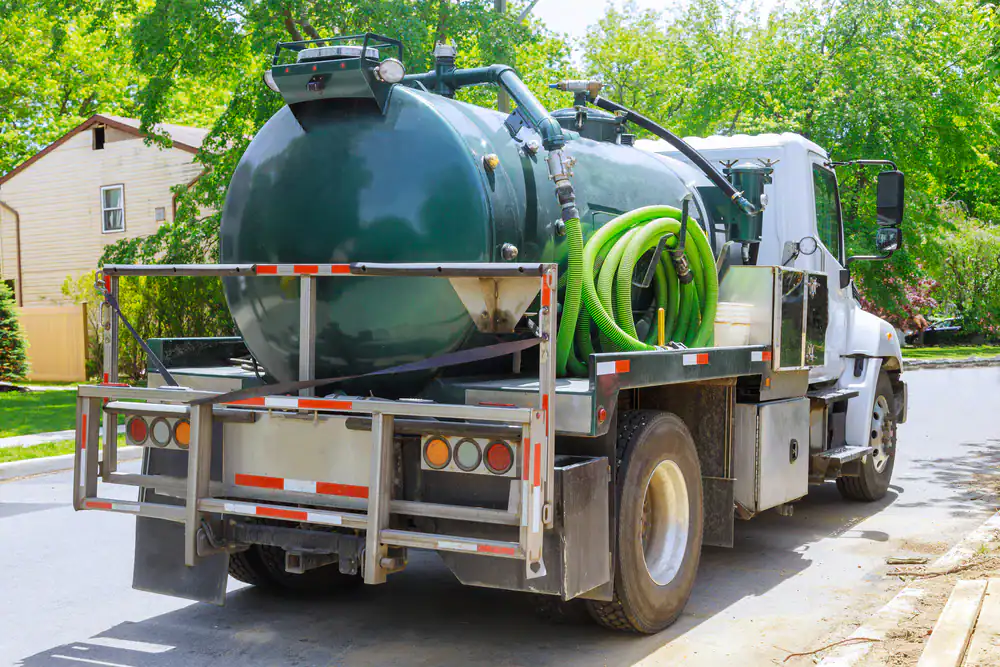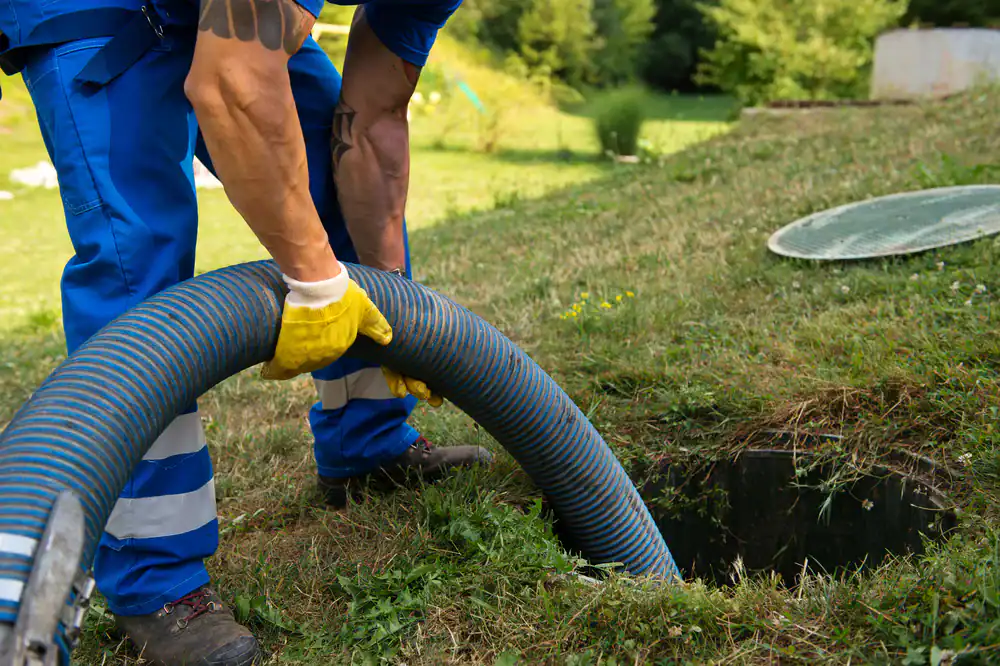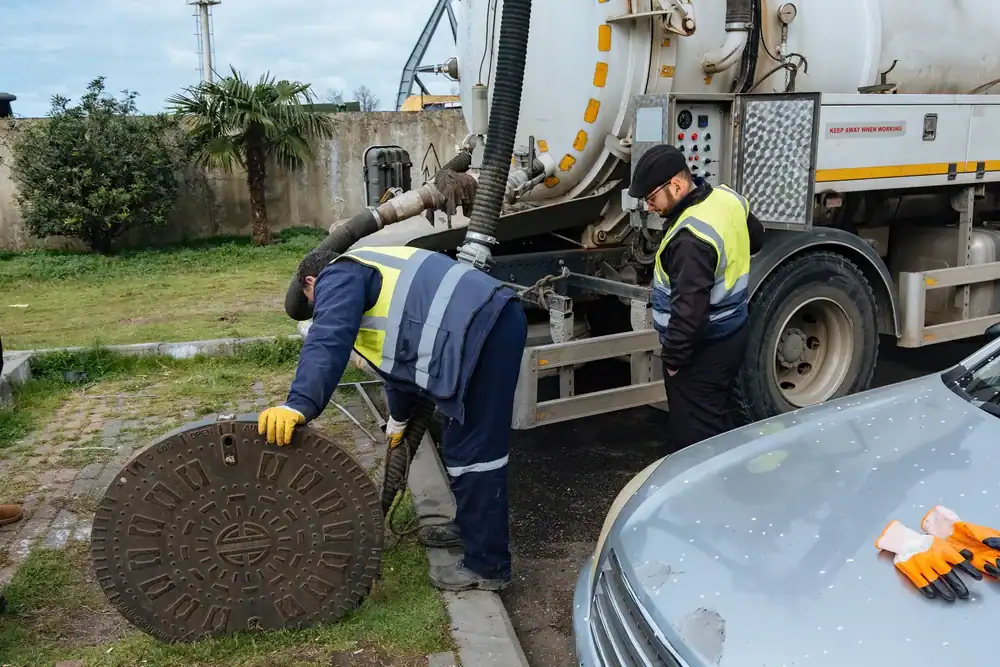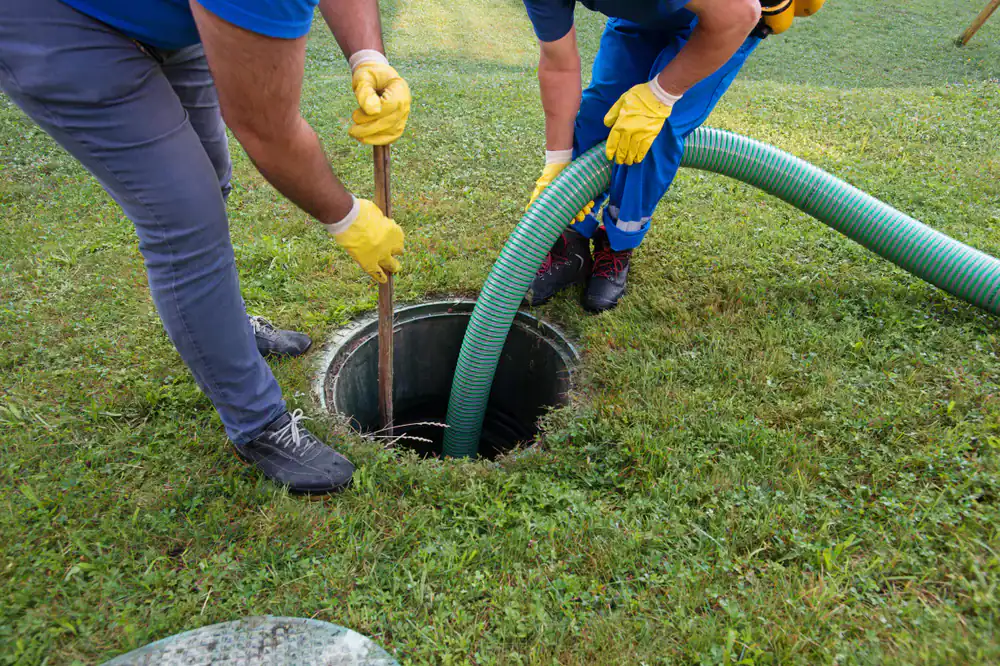
Our Reviews

When your septic system fails, everything stops. You can’t use your bathrooms normally, bad smells take over your property, and you’re stuck wondering if this is going to cost thousands to fix.
Here’s what changes when you call us. Your drains flow freely again. The awful odors disappear completely. You get back to normal life without worrying about when the next backup will happen.
We don’t just patch problems—we solve them completely. That means you’re not calling another company in six months dealing with the same mess all over again. Your septic system works like it should, handling your household’s daily needs without drama or stress.
All Rooter Hydro Jetting Experts Inc has been handling septic emergencies across Greater Grand Crossing and Chicago for years. We’re licensed, bonded, and insured because your property deserves that protection.
What makes us different? We actually answer our phones at 2 AM. We show up when we say we will. And we give you straight answers about what’s wrong and what it’ll cost to fix it—no runaround, no technical jargon you don’t need.
Greater Grand Crossing’s older properties come with unique septic challenges. Clay soil conditions, aging infrastructure, and tree root intrusion create problems that require local expertise. We know these systems inside and out, which means faster diagnosis and fewer return trips to your property.

First, we assess your septic emergency and give you an honest diagnosis. No guessing, no upselling—just the facts about what’s happening with your system. Our technicians inspect everything from your tank to your drain field to identify the real source of the problem.
Next, we explain your options with upfront pricing. You’ll know exactly what the septic system repair costs before we start any work. No surprises when we hand you the bill, no hidden fees for “additional discoveries.”
Then we fix it right the first time. Whether it’s hydro jetting clogged septic lines, repairing damaged pipes, or restoring your drain field, we use professional-grade equipment and proven techniques. You get a system that works like it should, not just a temporary patch that fails again next month.

Ready to get started?
Your septic system is more than just a tank. It’s pipes, drain fields, pumps, and connections that all need to work together. When one part fails, it affects everything else—and that’s when you get the call that nobody wants to make.
We handle every piece of your septic system. Clogged septic lines get cleared with professional hydro jetting that removes years of buildup. Damaged pipes get repaired or replaced with quality materials that last. Failing drain fields get restored to proper function without unnecessary excavation.
Greater Grand Crossing properties often deal with specific challenges that affect septic performance. Tree root intrusion from mature neighborhood trees, soil shifting from Chicago’s freeze-thaw cycles, and aging pipes that weren’t designed to last 50+ years. We’ve seen every variation of these problems and know how to fix them permanently, not just temporarily.

You’ll usually know something’s wrong before it becomes a complete emergency. Slow drains throughout your house, gurgling sounds from toilets, or sewage odors around your property are early warning signs that your septic system is struggling.
The emergency hits when you have actual backups—sewage coming up through drains, toilets overflowing, or standing water around your septic tank area. At this point, you need immediate professional help to prevent property damage and serious health hazards.
Don’t wait if you’re seeing multiple drains acting up at once. That’s your septic system telling you it can’t handle the load anymore, and it’s about to fail completely. Emergency septic repairs cost more than preventive maintenance, but ignoring the problem makes everything worse.
Septic pumping is routine maintenance—removing accumulated solids from your tank so it can function properly. Most residential systems need pumping every 3-5 years, depending on household size and tank capacity.
Septic repair fixes actual problems with your system components. This includes unclogging blocked pipes, fixing broken distribution boxes, repairing drain field issues, or replacing damaged pumps. Repair work is needed when your system stops working correctly, not as preventive maintenance.
Think of pumping like changing your car’s oil, and repair like fixing your engine when it breaks down. Both are important for system longevity, but they serve completely different purposes. Regular pumping can prevent some repair needs, but it won’t fix existing damage or component failures.
Sometimes yes, sometimes no—it depends on what’s actually wrong with your drain field. If the problem is clogged distribution pipes or blocked outlets, we can often clear them with hydro jetting technology without major excavation.
But if your drain field has failed due to soil saturation, broken pipes, or complete system overload, some digging is usually necessary to access and repair the damaged components. We’ll always try the least invasive approach first and explain exactly what needs to happen.
The good news is that modern septic drain field restoration techniques often require much less excavation than older methods. We can often repair specific problem areas instead of replacing entire drain field systems, saving you money and minimizing landscape disruption.
Septic repair costs vary widely based on what’s actually wrong with your system. Simple septic line clog repair might run a few hundred dollars, while major drain field restoration can cost several thousand depending on the extent of damage.
The key is getting an accurate diagnosis first. We provide upfront pricing after we assess your specific situation, so you know exactly what you’re paying before any work begins. No surprise bills, no hidden charges, no “additional costs we discovered during the job.”
Emergency septic repairs often cost more than scheduled maintenance, which is why we recommend addressing problems early. A $400 drain cleaning today can prevent a $4,000 emergency repair next month. Prevention is always cheaper than crisis management.
Yes, we provide true 24/7 emergency septic services throughout Greater Grand Crossing and the entire Chicago area. Septic emergencies don’t wait for business hours, and neither do we—your backup doesn’t care that it’s Sunday at midnight.
When you call our emergency line, you reach a real person who can dispatch a technician to your property. We don’t use answering services or callback systems for emergencies—you need help now, not a return call tomorrow morning when the damage is already done.
Emergency service does include additional charges for after-hours calls, but we’ll explain all costs upfront before our technician leaves our shop. Your septic emergency gets resolved quickly and properly, regardless of when it happens or what day of the week it is.
Stop using water immediately. Don’t run dishwashers, washing machines, or take showers until we can assess the problem and determine what’s safe. Continued water use will make the backup worse and potentially cause extensive property damage.
If you have sewage backup inside your home, avoid the affected area and ensure proper ventilation. Don’t try to clean it yourself—sewage contains dangerous bacteria and requires professional cleanup with proper equipment and disinfection procedures.
Turn off your water main if the backup is severe or spreading. Take photos for insurance documentation if there’s property damage. Most importantly, keep people and pets away from any standing sewage or contaminated areas until our technician arrives and makes the area safe.